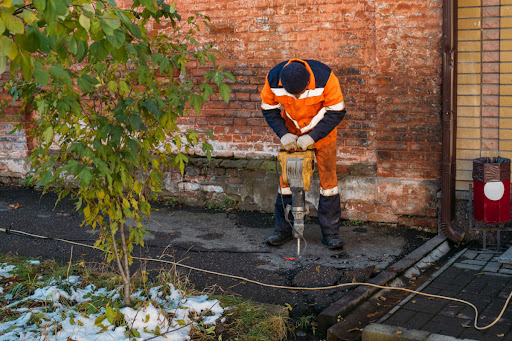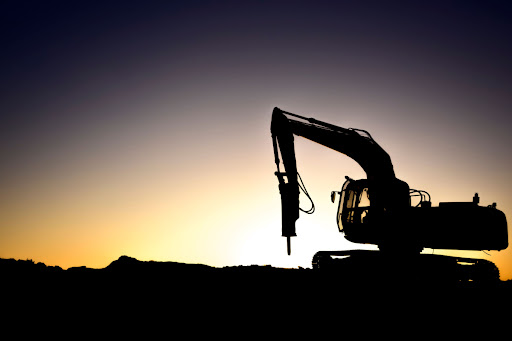If you’re in the process of looking for someone new to operate heavy machinery on your worksite, you shouldn’t hire just anyone. But what makes a good heavy equipment operator? Contrary to what you may believe, there’s more to being a dependable heavy equipment operator than just large muscles and boundless stamina — though those traits are certainly helpful. Here’s a look at four qualities of a good heavy equipment operator.
The Best Heavy Equipment Operators Prioritize Safety
One of the most important qualities of a good heavy equipment operator is that they know how to use it safely. While understanding the basics of operating a heavy piece of machinery is essential for any operator, the ones who prioritize safety will help ensure no harm befalls your work site. Not only will an ideal operator be committed to protecting themselves and their coworkers from any injuries, but the heavy machinery itself. Knowing situations when they should and shouldn’t use it — such as poor weather conditions — will reduce the possibility of damage. In turn, a good machine operator will help reduce the costs of repairing or replacing components.
Reliable heavy equipment operators will promote safety in other ways. For example, you won’t have to tell them to follow safety protocols. Instead, they’ll recognize the importance of proper heavy equipment safety and follow it independently.
Concentration Is a Must for Operating Heavy Equipment
When it comes to environments where heavy machinery is used, there’s no room for complacency. Despite how repetitive handling equipment can be, maintaining one’s composure and focus is of utmost importance. For those reasons and more, some of the best qualities of a good heavy equipment operator include concentration, patience, and attention to detail.
Retaining focus for long periods of time will prevent any potential problems from going unnoticed. However, their patience will also ensure that they won’t push your heavy equipment beyond its limits in an attempt to get the job done faster. Otherwise, they might break the components of the operating equipment and cost you more in the long run.
Dependable Heavy Equipment Operators Are Proactive
Fast thinking is among the top qualities of a good heavy equipment operator for several reasons. For example, they’ll know how to recognize a problem and find a solution quickly. This can mean using their problem-solving skills to use their equipment more efficiently and improve productivity. However, fast-thinking operators will also be valuable for preventing any serious damage. By detecting any odd sounds or smells that indicate a problem with their heavy equipment or the material they’re working with, they’ll be able to have their machinery maintained sooner before any mechanical issues worsen.
What Makes a Good Heavy Equipment Operator? Cooperation!
Although machine operators work on their own when using heavy equipment, they’re far from the only ones on their construction site. Great communication and cooperation with other workers are qualities of a good heavy equipment operator that will help your operations run more smoothly. Not only will your team benefit from the leadership and supportive attitude of a good operator, but they can also share their knowledge of safety protocol and promote a culture of safety at your workplace.
If you ever require professional breaker repair services, you can always rely on us for assistance. Hydraulic Breaker Services, LLC offers a wide range of heavy equipment assistance and high-quality products, including our rammer breaker. Contact us today for more information and to schedule one of our services.


















